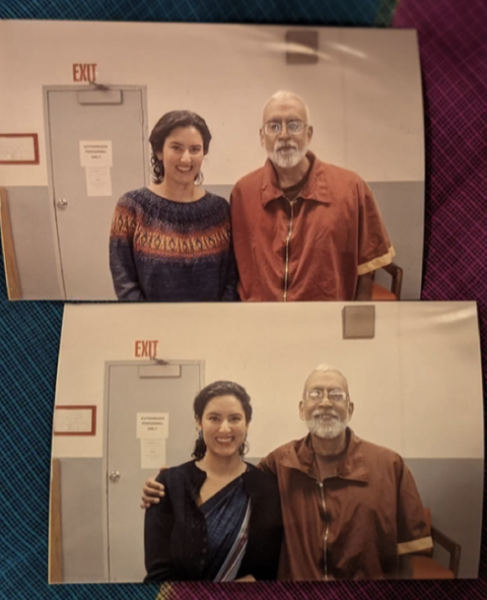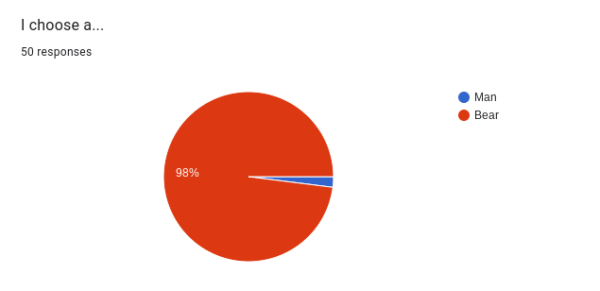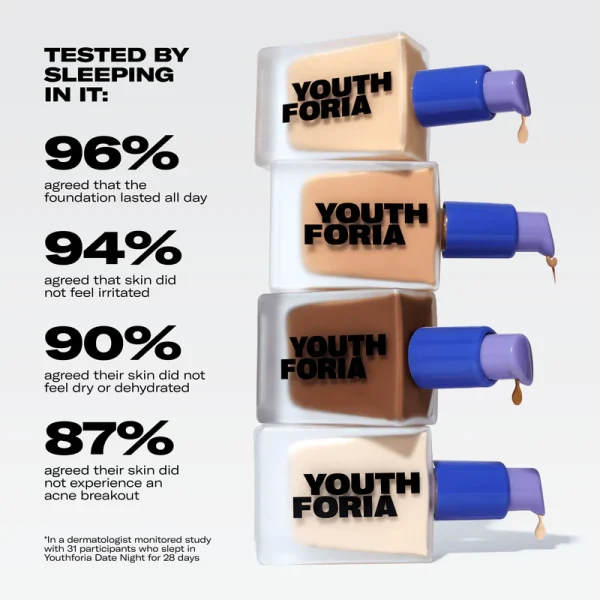Introverts and Extroverts: Are They Really That Different?
Friend group of introverts and extroverts spending time together downtown.
October 25, 2022
There is a large spectrum between extroversion and introversion with many contributing factors. Some people strongly resonate with one side vs the other, and some are somewhere in the middle.
A common stereotype of introverts is being shy and quiet, not enjoying public settings or being around people. Whereas for extroverts, it is the opposite — being loud, outgoing, and thriving in social situations. These characteristics may be true for some people but it is not always the case.
Sophomore Eve Adkins considers themself an introvert by technical definition.
“When I’m around people I trust, which is how it is with most introverts, they can still enjoy spending time with people, and sometimes being in groups for an amount of time. It’s just really draining,” Adkins said.
Being an introvert doesn’t mean the person hates being around others, it just means that those situations are draining, and being alone may often be preferred.
Sophomore Naomi Carswell finds herself somewhere between being an extrovert and an introvert.
“When you first meet me, I definitely feel like I come off as more closed off and shy,” Carswell said. “But the more you get to know me, and the more comfortable I get, I feel like I open up more.”
This tends to be something a lot of introverted people can relate to. For introverts who do fit into the stereotype of being shy, some things in school may be more challenging than they would be for extroverted people. For example, talking to or working with new people, or presenting in class.
“I think it gives me disadvantages in school, like public speaking,” Carswell said. “A lot of people that I know that are introverts struggle with it including me.”
Being shy doesn’t always have to do with being anti-social, just as being outgoing doesn’t always have to do with being confident.
“A lot of people think that being extroverted has to do with confidence when it doesn’t because people think I’m overly confident sometimes when in reality I like have zero,” extroverted senior Colin Wible said.
Being outgoing may make these things a bit easier, although it’s not without its drawbacks
“In general with making friends [being outgoing] probably gives me an advantage because I’m willing to talk to anyone, Wible said. “But it’s probably a disadvantage for school because then a lot of people just think you’re obnoxious and annoying.”
When making new friends, not everyone goes for people with similar personalities. Sometimes it’s easier to have that one thing in common, and other times the difference is beneficial to friendships.
A lot of the time extroverts are the ones to make the first step when it comes to talking to new people and building friendships.
When describing his friends, Wible said “I kind of have a mixture of all sorts of people. I do make a lot of friends with introverted people because I’m the one that’s willing to go up to them and talk to them.”
On the other side of this idea, some introverts appreciate the fact that they are willing to do the majority of the talking.
“I would travel more towards extroverts just because I don’t like talking and they usually do more of the talking, but I do have both,” Carswell said.
This isn’t always the case. Some introverts may prefer sharing similarities with other introverts when it comes to friendships.
“I think people who are introverts are more likely to have similar interests in some ways,” Adkins said. “Often times especially with extreme introversion it overlaps with being neurodivergent and it’s easier to connect with other neurodivergent people than people who aren’t neurotypical.”
Although there may be differences considering the social aspect of things, connections can be found regardless of whether or not someone is an introvert or extrovert. It is also important to recognize that first impressions and perceptions of people may not always be accurate.












